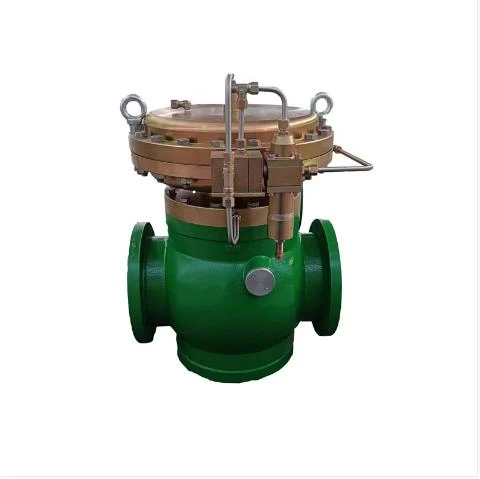
10 月 . 16, 2024 14:10
Back to list
Understanding the Basics and Benefits of Liquefied Natural Gas
Understanding Liquefied Natural Gas (LNG)
In recent years, the global energy landscape has undergone significant changes, with a prominent shift towards cleaner and more sustainable sources of energy. One of the key players in this transition is Liquefied Natural Gas (LNG), a versatile and efficient form of natural gas that has garnered increased attention for its potential to address energy needs while minimizing environmental impact.
LNG is produced by cooling natural gas to a temperature of around -162 degrees Celsius (-260 degrees Fahrenheit). This process transforms the gas into a liquid, reducing its volume by approximately 600 times, making it much easier to transport and store. LNG can be transported over long distances in specially designed tankers, reaching markets that may not have direct access to natural gas pipelines. This characteristic opens new avenues for energy trade and allows countries to diversify their energy sources.
.
Another notable benefit of LNG is its efficiency in power generation. Natural gas plants are typically more efficient than coal-fired plants, and they can ramp up and down quickly to match electricity demand. This flexibility is crucial for integrating variable renewable energy sources into the grid, as natural gas plants can serve as backup power when solar or wind generation is low. Additionally, LNG can provide a reliable energy supply to regions experiencing energy shortages or those that are prone to energy insecurity.
الغاز الطبيعي المسال

However, the growth of the LNG market is not without challenges. Environmental concerns have been raised about the extraction and transportation of natural gas, particularly in relation to hydraulic fracturing, commonly known as fracking. This method can lead to methane leaks during extraction, which is concerning because methane is a potent greenhouse gas, with a global warming potential significantly higher than that of CO2 over a relatively short time frame. Addressing these methane emissions is crucial for ensuring that the climate benefits of transitioning to LNG are realized.
Market dynamics also play a significant role in the LNG industry. The demand for LNG has surged in recent years, driven by the growing need for cleaner energy solutions and the expansion of LNG infrastructure. Countries like the United States, Qatar, and Australia have emerged as leading producers and exporters of LNG, while markets in Asia, particularly China and Japan, have become significant consumers. This shifting landscape has created a competitive environment, leading to fluctuations in prices and influencing global energy security.
Another key factor affecting the LNG market is geopolitics. Countries investing heavily in LNG infrastructure can influence global energy landscapes, especially if they hold significant reserves. For instance, the increasing demand for LNG in Europe, particularly in light of the ongoing energy transition and concerns about energy supply security, may lead to further strategic partnerships and investments in LNG infrastructure.
As the world continues to grapple with the challenges posed by climate change, LNG is likely to play a crucial role in balancing the immediate energy needs of nations with their long-term sustainability goals. The path forward will require a collaborative effort among governments, industry stakeholders, and consumers to optimize the benefits of LNG while addressing its environmental impacts.
In conclusion, Liquefied Natural Gas stands at the crossroads of energy production and environmental sustainability. As a cleaner alternative to other fossil fuels, it holds promise for supporting a transition towards a more sustainable energy future. However, to truly harness its potential, stakeholders must commit to minimizing its environmental footprint and investing in the necessary infrastructure and technology to facilitate responsible production, distribution, and consumption.
Next:
Latest news
-
Unlocking The Quality Gas Pressure ReducersNewsNov.01,2024
-
The Role of Gas Pressure Reducing StationsNewsNov.01,2024
-
The Importance and Functionality of Safety Relief ValvesNewsNov.01,2024
-
The Essential Role of Safety Valves in Natural Gas ApplicationsNewsNov.01,2024
-
The Essential Role of Gas Pressure RegulatorsNewsNov.01,2024
-
Enhance Your Premium Gas FiltersNewsNov.01,2024

